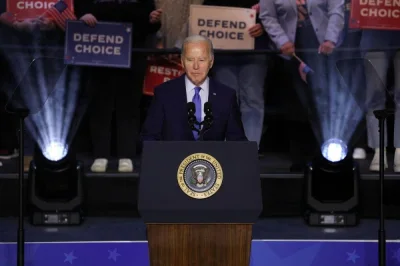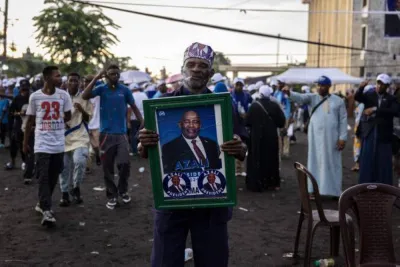Soon after taking office in 2014, Indonesian President Joko Widodo made a landmark decision to cut subsidies on politically sensitive fuel prices to boost the economy, but a year out from a tough re-election campaign, his reformist zeal may be waning.
Markets cheered Widodo’s risk to free up billions of dollars to build much-needed infrastructure, while the former furniture salesman also unveiled a series of reforms to slash regulations holding back Southeast Asia’s biggest economy.
Now, less than a year from an expected hard-fought 2019 election, Widodo has made a “strategic policy shift”, say senior government officials, dropping nearly $20bn of infrastructure projects to focus on social welfare.
The government has also slapped price controls on staple goods such as fuel, power, rice and sugar — moves that will surely be welcomed by voters.
“Of course he’s thinking about elections. With these moves, he can gain popularity by benefiting the people and ensuring welfare both in the short- and long-term,” said one senior official, who declined to be named because he was not authorised to speak on the issue.
Economists warn Widodo’s return to “populist” policies may threaten Indonesia’s investment climate.
“With national elections around the corner, Widodo appears to be backtracking on his reform agenda with a string of populist measures... moves that would pressure firms’ profit margins and weigh on the investment climate,” Fitch Group’s think-tank BMI Research said in a note last week.
Widodo took office promising to boost annual economic growth to 7% and with an ambitious plan to build $350bn worth of infrastructure across the poorly connected archipelago.
Indonesia has since earned coveted upgrades from ratings agencies.
Standard & Poor’s last year announced a landmark upgrade for Indonesia to investment grade status.
This month Moody’s Investors Services raised its ratings another notch, citing effective policies to support broad economic stability.
Indonesia has also jumped 19 places to 72nd in the World Bank’s 2018 Ease of Doing Business index.
The 56-year-old Widodo still enjoys high public approval, with recent surveys giving him a double digit lead over his main rival, former general Prabowo Subianto.
Widodo only narrowly defeated Subianto in a bitterly fought 2014 election.
Subianto is expected to campaign on welfare issues, the cost of living and a perceived over-reliance on Chinese investment at a time when economic growth is stagnating at around 5% and consumption has been persistently sluggish.
Asked about the government’s change in policy focus, Widodo’s chief-of-staff said it was time to be “realistic”.
“Development should not just be in the physical sector but also be oriented to the non-physical sector like vocational schools, education, religious schools, health,” Moeldoko, a former military commander, said in an interview.
“The president is aware that we are achieving some success in the investment area, in infrastructure, in ease of doing business, and in deregulation...so we can leap to the next stage which is to focus on human development,” he said.
Data shows that as of the end of 2017, around $100bn worth of roads, ports, bridges and dams had been built or were under construction.
But experts say it’s unlikely the remainder of the programme can be finished before the end of Widodo’s term in Oct 2019.



